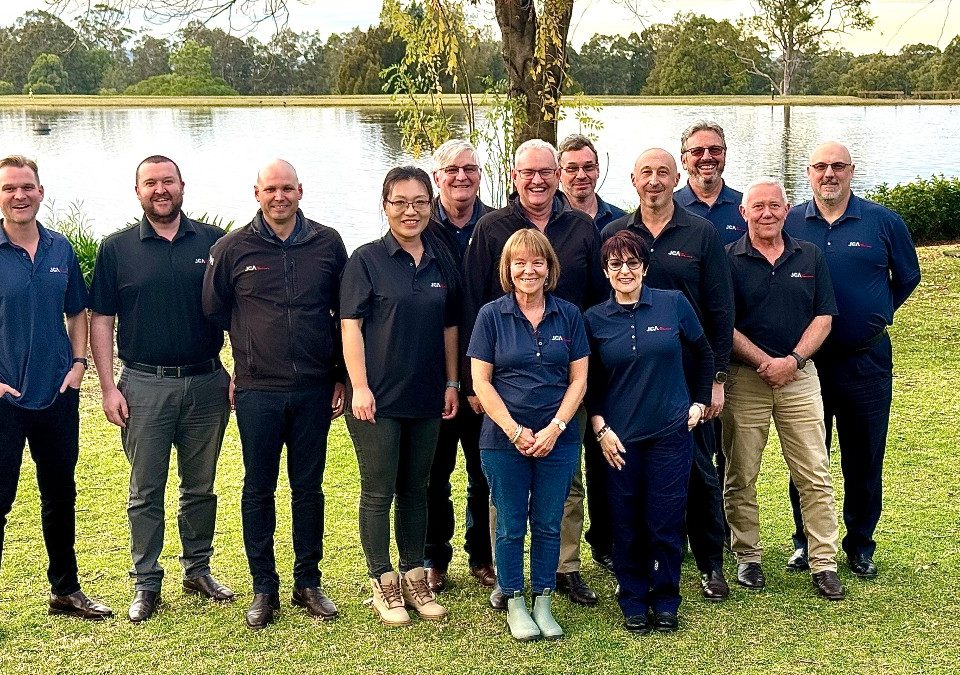How to ensure your team returns refreshed next year
“The difference between successful people and very successful people is that very successful people say no to almost everything.”
-Warren Buffet
With workplace mental health claims now averaging 29 weeks of leave (Safe Work Australia), the importance of rest and recovery has never been more critical. Yet many leaders and their teams work relentlessly until the last possible moment, carrying exhaustion and a heavy mental load into their break.
Our psychologists – Dr Eleanor De-Ath Miller, Vanessa Miles, and Gagan Mudhar – share evidence-based strategies to help your team genuinely recharge and return stronger in 2025.
The science of switching off
“The higher the mental load we carry into the holidays, the less we’re able to switch off — and the longer it takes to recover,” says Dr Eleanor De-Ath Miller.
“People have less chance of more complete recovery or rest if they’re going on leave completely exhausted, so being proactive in helping people leave work behind is important.”
Action Steps for Leaders:
- Set clear, realistic expectations before the holiday period
- Actively observe signs of stress or overwhelm
- Take responsibility for managing workload demands
- Create buffer zones between work and holiday periods
The power of intentionally slowing down
“Working until the last minute doesn’t allow people to process tasks, deadlines, and issues,” notes Gagan Mudhar. “A deliberate wind-down period is essential for mental processing and true recovery.”
Practical strategies:
- Audit team priorities: Distinguish between essential tasks and pre-holiday pressure
- Create transition time: Build in reflection and handover periods
- Establish clear communication protocols for the break
- Set realistic January expectations
Mastering the art of ‘no’
For leaders and teams alike, we all want to connect with others during the holidays but it can get a bit much in December and January. Depending on what else is going on in our lives (and the level of recovery we need), Eleanor recommends setting boundaries around events.
Ask yourself (and your people):
- Which events are truly non-negotiable?
- What aligns with current energy levels and capacity?
- What can wait until energy reserves are replenished?
Instead of yes as a default to all invitations, try letting people know you’ll think about it and get back to them or even practice ways to say no says Eleanor.
Reflection and reset
When thinking about the year that was, it’s important for leaders to engage in meaningful conversations with the team says Gagan. Asking questions such as “How was this year for you?” and “What could I have done differently to support you?” opens up channels for constructive feedback and helps identify areas for improvement. Additionally, reflecting on the team’s collective experience and the leader’s role during critical moments can unearth valuable insights.
Key questions for leaders to ask their people
- What are the key priorities right now?
- What is necessary/critical and what is pre-holiday pressure, but actually not essential?
- What help do you need (specifically) so that you can do what you need to do?
- What do you need to have tied up so that you can actually switch off on holidays?
- How can I help you do that?
7 types of rest
Dr. Saundra Dalton Smith’s 7 types of rest offers a valuable framework for understanding your team’s individual needs says Vanessa.
The 7 types of rest:
🛏 Physical Rest: The need for adequate sleep, relaxation, and recovery for the body.
🧠 Mental Rest: Taking a break from cognitive tasks and allowing the mind to unwind.
💚 Emotional Rest: Nurturing emotional well-being and finding sources of joy and comfort.
🎉 Social Rest: Balancing social interactions by choosing connections that bring replenishment rather than drain.
🎧 Sensory Rest: Reducing exposure to overstimulating environments and giving the senses a break.
🎨 Creative Rest: Stepping away from routine and engaging in activities that inspire creativity.
🧘♂️ Spiritual Rest: Connecting with something greater than oneself, finding purpose, and seeking inner peace.
Leaders can remind their teams to consider the type of rest they require during the holidays, fostering a holistic approach to recovery.
Energy-auditing
Leaders cannot guide their teams to a refreshed start if they are not walking the talk themselves. “Whatever they’re saying to their teams, also applies to them but with a need to be really self-aware and intentional. There shouldn’t be a second set of rules,” says Eleanor. Recommending leaders take some time to reflect and think about, How am I going to rest and recuperate? What is energising?
“Leaders should identify habits that hinder their ability to switch off and, when necessary, seek the support of trusted peers who can provide constructive feedback,” says Gagan.
Leaders can do this by conducting an energy-audit: a quick exercise to take stock of which things are draining their energy in lead up to the holidays (and therefore need to be managed), and which are building their energy (and therefore need to do more of).
“Conducting an energy audit allows leaders to pinpoint activities that drain or replenish their energy, aiding in a more mindful approach in the lead up to the holidays.”
Leaders play a pivotal role in shaping the post-holiday landscape for their teams. By adopting a proactive and reflective approach, they can pave the way for a truly refreshed start and help promote a positive and energised work environment in 2025.
Keen to support your team in 2025? Book a call to learn how our practitioner-led support can help your people live and work well.



